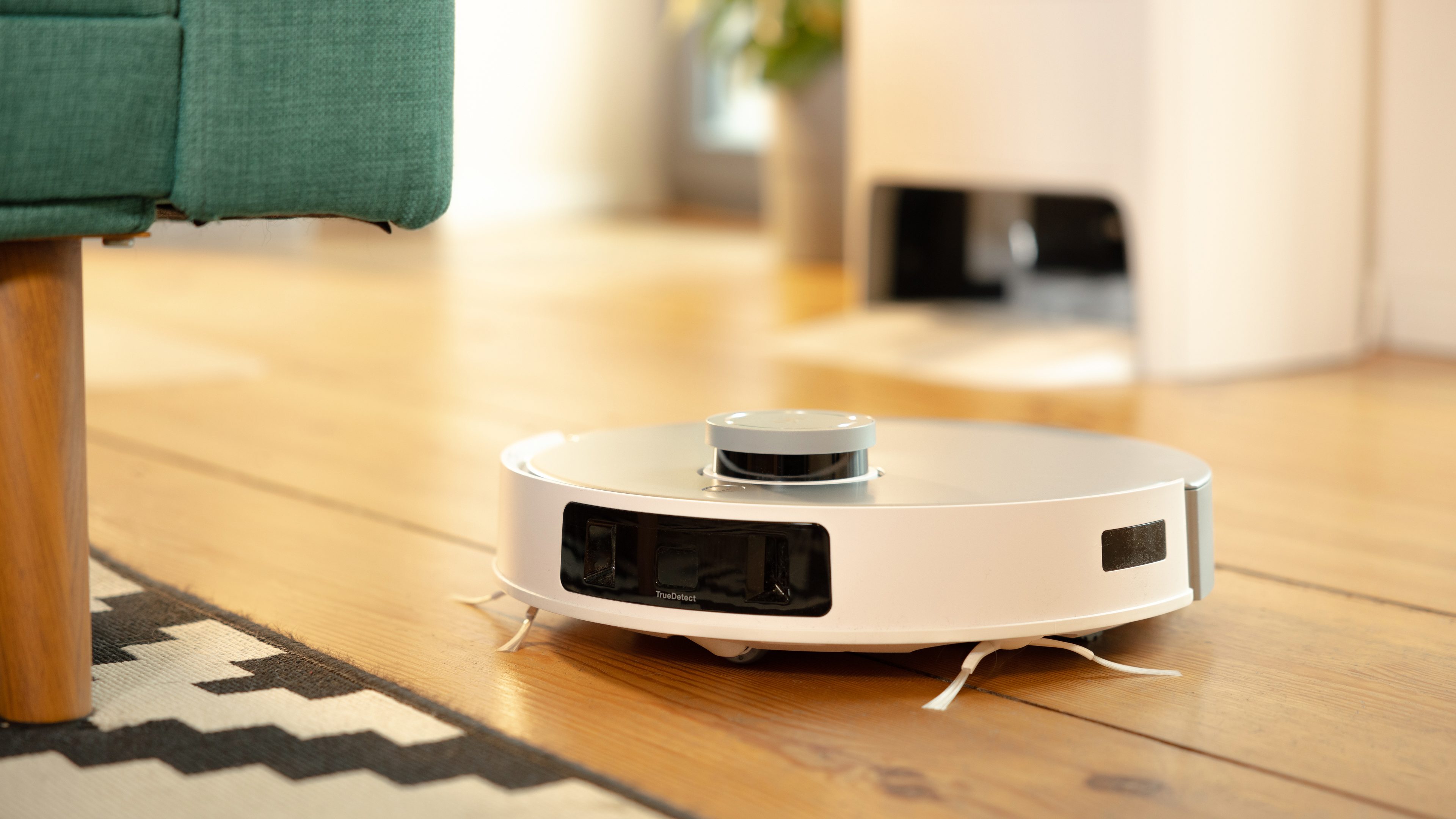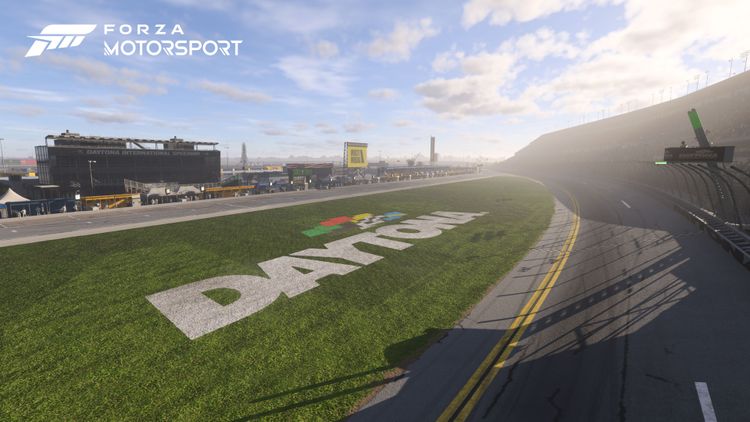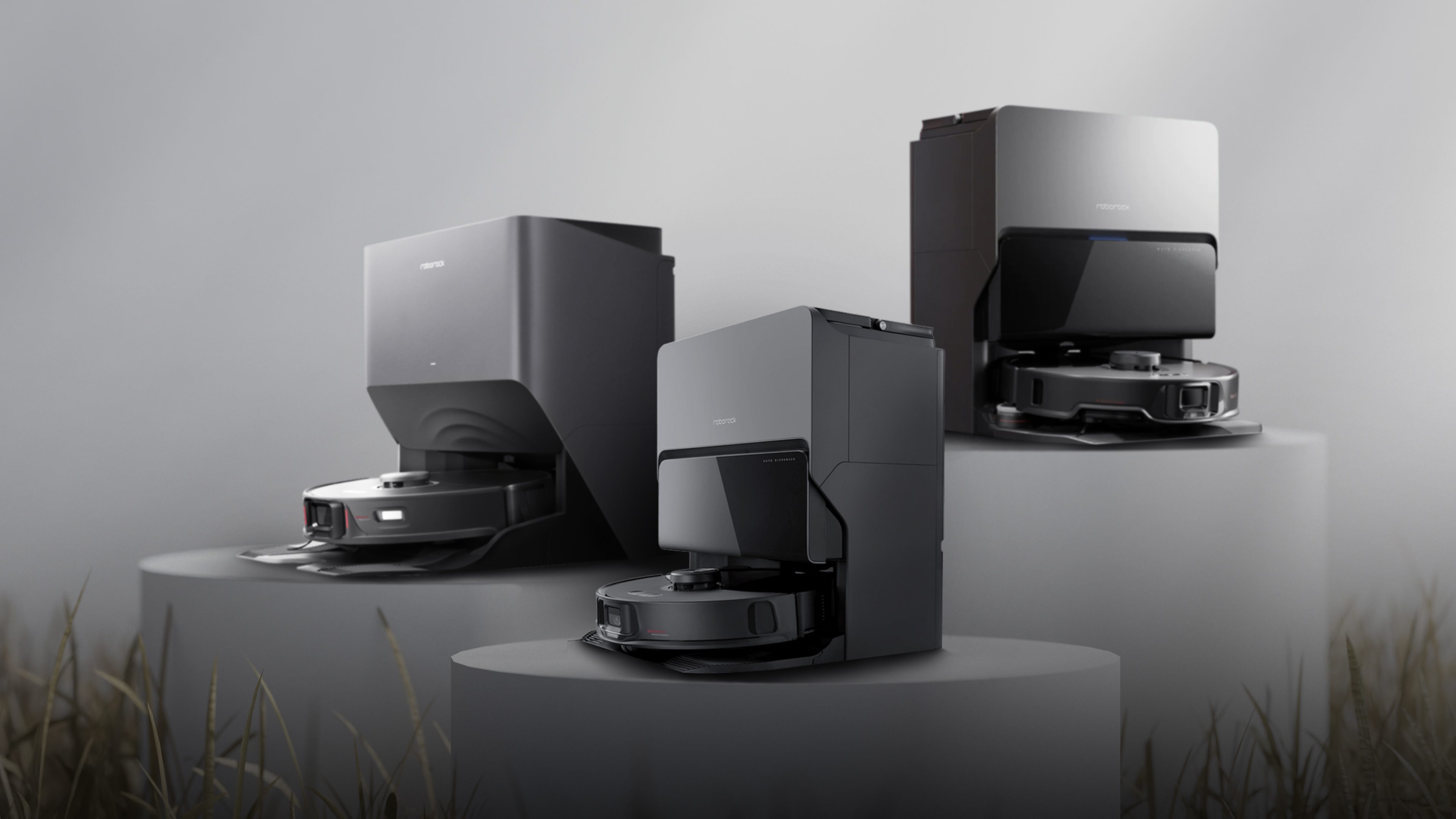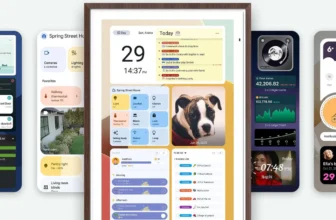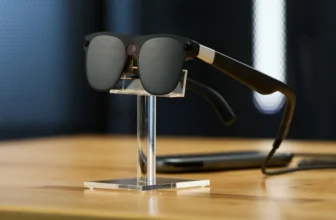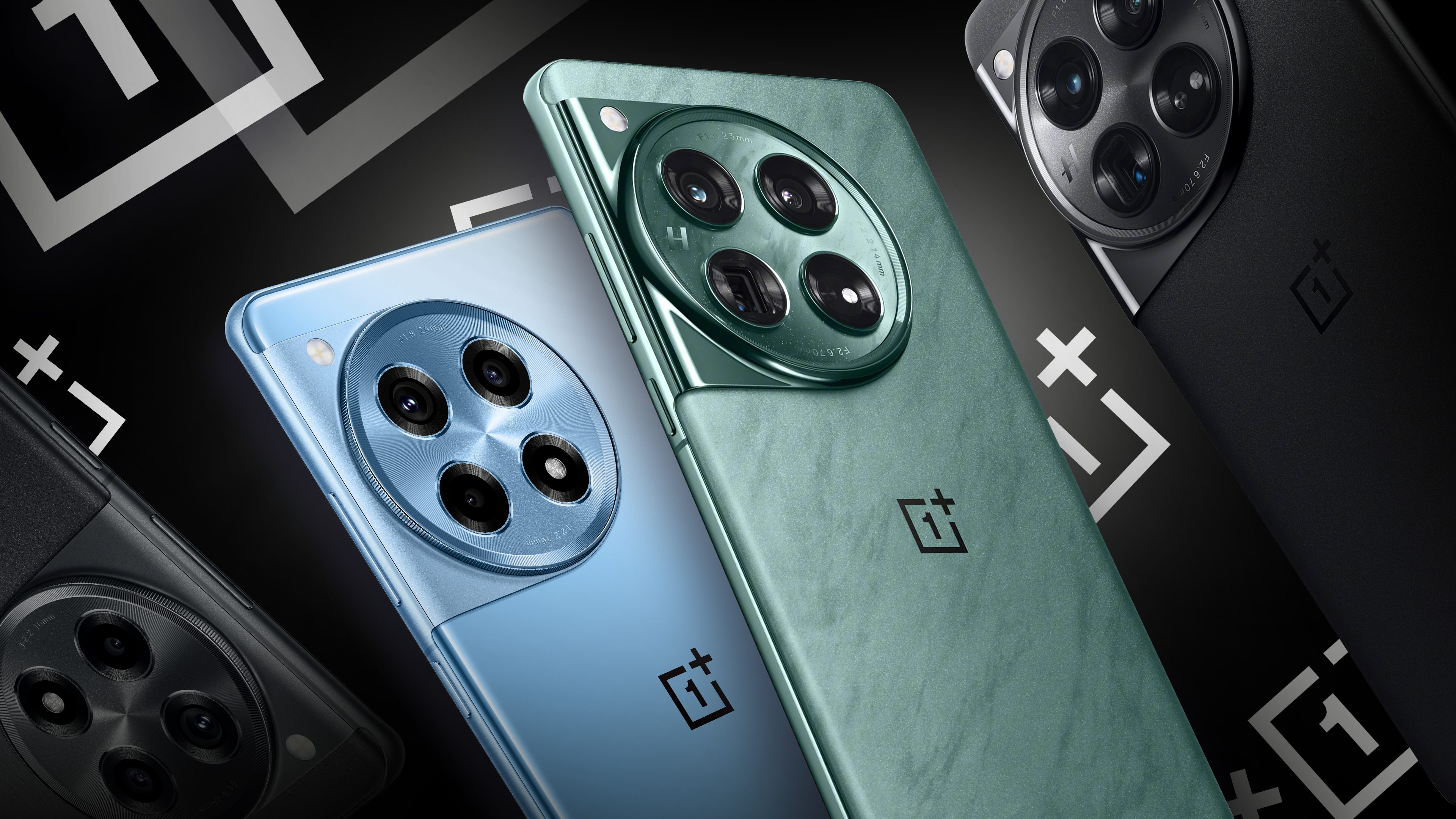
OnePlus announced today its new OnePlus 12 Series, featuring the flagship OnePlus 12 with premium hardware features, and the more affordable OnePlus 12R. In this article, I will share key specifications of both devices and highlight the differences between them.
OnePlus 12 and OnePlus 12R Key Specs Compared
| OnePlus 12 Series | ||
|---|---|---|
| Product | ||
| Image |  |
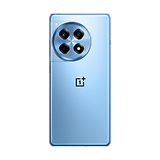 |
| Display |
|
|
| SoC | ||
| RAM | ||
| Memory | ||
| OS |
|
|
| Camera |
|
|
| Front-camera |
|
|
| Battery |
|
|
| Connectivity |
|
|
| Dimensions and weight |
|
|
Display and design
The OnePlus 12 features a 6.82-inch 120Hz ProXDR display with LTPO technology, boasting a resolution of 3168 x 1440 pixels at 510 PPI. It combines a high refresh rate of 1-120 Hz with a peak brightness of 4,500 nits, promising a vivid and responsive visual experience.
The OnePlus 12R, on the other hand, offers a slightly smaller 6.78-inch LTPO AMOLED display with a resolution of 2780 x 1264 pixels. It matches the refresh rate of its sibling but shines a tad less brightly with the same peak brightness.
In terms of design, the OnePlus 12 is slightly bulkier and heavier than the 12R, potentially appealing to those who prefer a more robust feel. The flagship model also features the Hasselblad camera module, which, on paper, closely resembles the one we tested in the OnePlus Open. Regarding color options, the 12R is available in blue and gray, whereas the 12 is offered in black emerald.
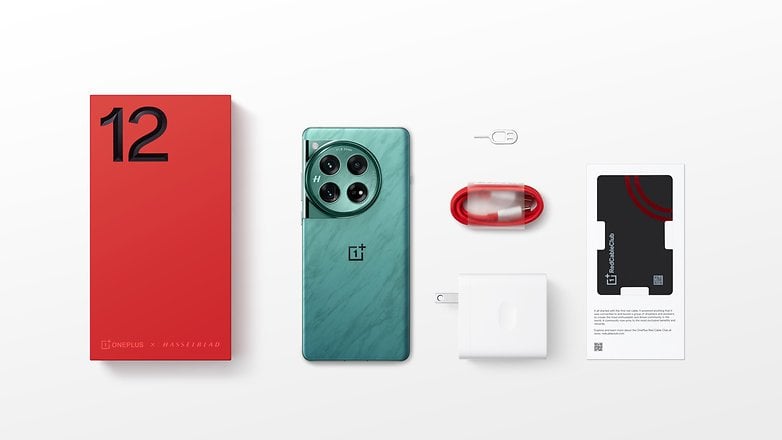
Performance and connectivity
Performance-wise, the OnePlus 12 is powered by the Snapdragon 8 Gen 3 chipset, coupled with 12 GB or 16 GB LPDDR5X RAM options, ensuring swift multitasking and gaming performance.
The OnePlus 12R steps down slightly with the Snapdragon 8 Gen 2 processor. Both models share the same memory configurations and offer 256 GB or 512 GB of UFS 4.0 storage for fast data transfer. Connectivity is robust on both devices, with support for Wi-Fi 6E, 5G, and NFC, making them future-proof for the next wave of mobile connectivity.
As the flagship, however, the OnePlus 12 features an advanced Dual Cryo-velocity VC Cooling System, designed to keep the phone cool even under heavy use. It uses a dual vapor chamber design to efficiently dissipate heat, especially from critical components like the processor.
According to the manufacturer, this system significantly enhances heat dissipation, reducing the temperature of the heat source by -7°C. As a result, the OnePlus 12 should remain cool during intense activities like gaming or video editing. More on that in our in-depth review.
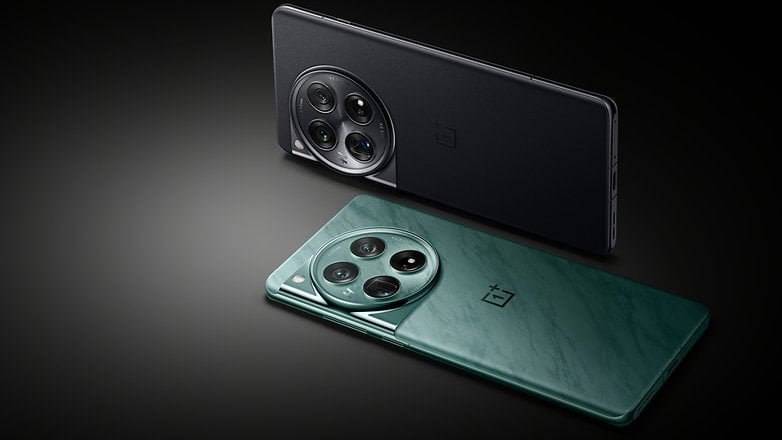
Cameras and image quality
The camera systems on these devices are a testament to OnePlus’s commitment to photography. The OnePlus 12 features a Hasselblad triple camera setup with a 50 MP main sensor, a 48 MP ultra-wide lens, and a 64 MP telephoto lens capable of 3x optical zoom. It also offers an astounding 120x digital zoom. The front-facing camera is a 32 MP shooter, ideal for crisp selfies.
In contrast, the OnePlus 12R maintains a similar main and ultra-wide setup but opts for a smaller 16 MP front camera and includes a 2 MP macro sensor. This indicates a focus on versatility for the OnePlus 12, whereas the 12R seems to prioritize the primary shooting experience.
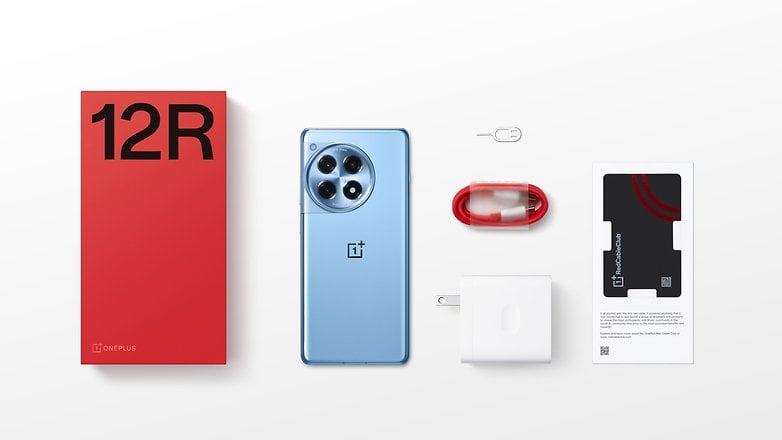
Software and updates
Both the OnePlus 12 and 12R run on OxygenOS based on Android 14, promising a clean, bloatware-free experience with a focus on speed and efficiency. OnePlus is expected to maintain this reputation with both devices, offering four years of major Android upgrades and five years of security updates, in line with the company’s recent release patterns.
That said, users can expect a smooth and user-friendly interface with additional customization options unique to OxygenOS, ensuring both devices stay current with the latest Android features and security enhancements.

Battery and Quick-Charging
In the power department, the OnePlus 12 comes equipped with a 5,400 mAh battery supported by 80W SuperVOOC charging, while the OnePlus 12R steps it up with a slightly larger 5,500 mAh battery and an impressive 100W SuperVOOC charging capability.
Unfortunately, the more affordable variant lacks wireless charging capabilities. On the other hand, the flagship model boasts an awe-inspiring 50W AirVOOC technology.
These specifications suggest that both phones will not only last longer on a single charge but also spend considerably less time tethered to an outlet, offering users more freedom and flexibility in their day-to-day usage.
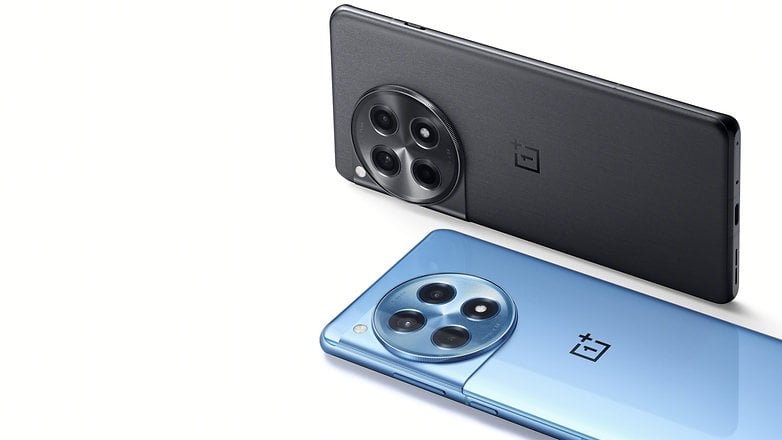
Conclusion
The OnePlus 12 and 12R are poised to cater to different segments of the tech market. The OnePlus 12 seems to be aimed at users seeking a high-end, performance-oriented device with a focus on photography and display quality. The 12R, with more modest hardware, appears to target the more price-conscious consumer, offering slightly scaled-back features without compromising on the core experience.
OnePlus has not yet disclosed pricing and availability, but these models are expected to make a significant impact upon release. Stay tuned as we await further details on their entry into the global market, which will provide a clearer picture of their position in the smartphone hierarchy.
Now, considering your budget and needs, would you purchase one of these devices? Why?

